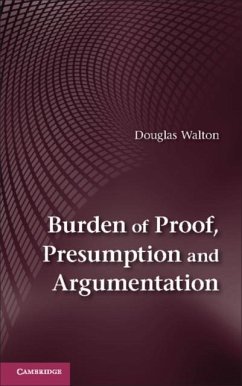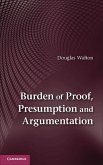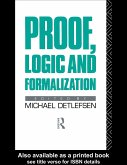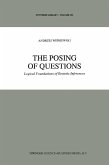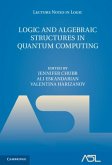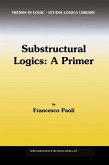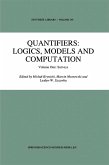The notion of burden of proof and its companion notion of presumption are central to argumentation studies. This book argues that we can learn a lot from how the courts have developed procedures over the years for allocating and reasoning with presumptions and burdens of proof, and from how artificial intelligence has built precise formal and computational systems to represent this kind of reasoning. The book provides a model of reasoning with burden of proof and presumption, based on analyses of many clearly explained legal and non-legal examples. The model is shown to fit cases of everyday conversational argumentation as well as argumentation in legal cases. Burden of proof determines (1) under what conditions an arguer is obliged to support a claim with an argument that backs it up and (2) how strong that argument needs to be to prove the claim in question.
Dieser Download kann aus rechtlichen Gründen nur mit Rechnungsadresse in A, B, BG, CY, CZ, D, DK, EW, E, FIN, F, GR, HR, H, IRL, I, LT, L, LR, M, NL, PL, P, R, S, SLO, SK ausgeliefert werden.

